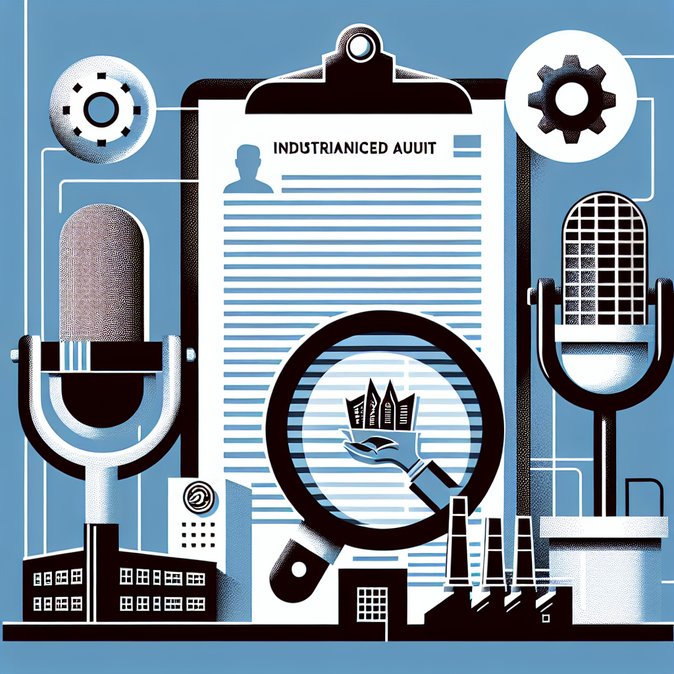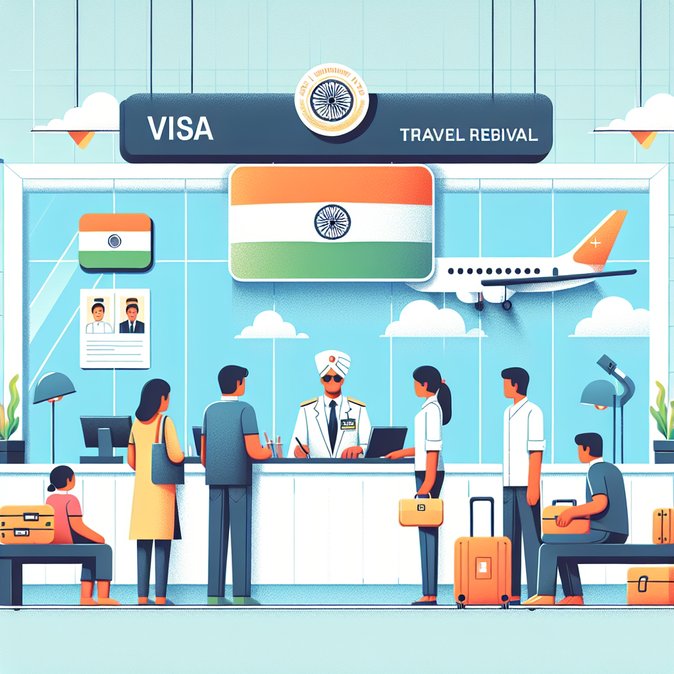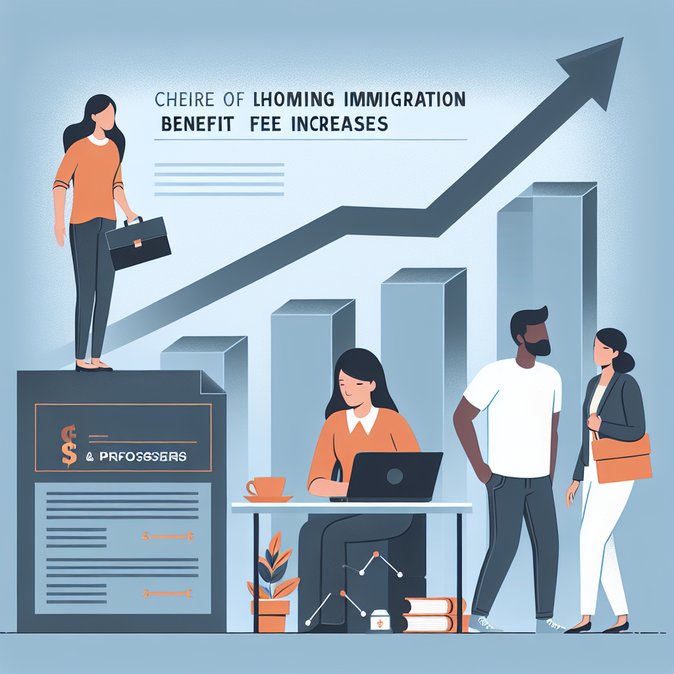
Speaking on a popular US policy podcast released late on 23 November, Indian-American diplomat Mahvash Siddiqui alleged that “industrial-scale” fraud plagued H-1B visa applications during her 2005-07 posting at the US Consulate in Chennai. She asserted that forged degrees, proxy interviews and fake employer letters were commonplace, especially among applicants routed through Hyderabad consultancies.
Although Siddiqui clarified she was sharing personal views, the remarks reignite scrutiny of India’s dominant share of the H-1B cap and come as Washington prepares to pilot domestic visa stamping to ease backlogs at consulates. Industry lobby NASSCOM quickly rebutted the claims, stating that US federal audits show a single-digit fraud rate and that Indian IT firms undergo multiple compliance checks.
![Ex-Chennai consular officer claims 80-90 % of H-1B cases from India were fraudulent]()
For Indian companies placing staff on US projects, the controversy underscores the reputational risk of lax documentation. Consular posts may feel pressure to intensify front-line vetting, potentially slowing appointment throughput just as wait times had begun to normalise after the pandemic. Employers should review vendor practices, ensure wage-level parity and prepare candidates thoroughly for consular interviews.
Immigration attorneys add that the episode could feed into Congressional debates on a proposed “H-1B Integrity Fee” and tighter site-visit protocols. While sweeping generalisations may not withstand data scrutiny, perception often shapes policy—making continued compliance and transparent record-keeping vital for Indian mobility teams.
Although Siddiqui clarified she was sharing personal views, the remarks reignite scrutiny of India’s dominant share of the H-1B cap and come as Washington prepares to pilot domestic visa stamping to ease backlogs at consulates. Industry lobby NASSCOM quickly rebutted the claims, stating that US federal audits show a single-digit fraud rate and that Indian IT firms undergo multiple compliance checks.

For Indian companies placing staff on US projects, the controversy underscores the reputational risk of lax documentation. Consular posts may feel pressure to intensify front-line vetting, potentially slowing appointment throughput just as wait times had begun to normalise after the pandemic. Employers should review vendor practices, ensure wage-level parity and prepare candidates thoroughly for consular interviews.
Immigration attorneys add that the episode could feed into Congressional debates on a proposed “H-1B Integrity Fee” and tighter site-visit protocols. While sweeping generalisations may not withstand data scrutiny, perception often shapes policy—making continued compliance and transparent record-keeping vital for Indian mobility teams.


